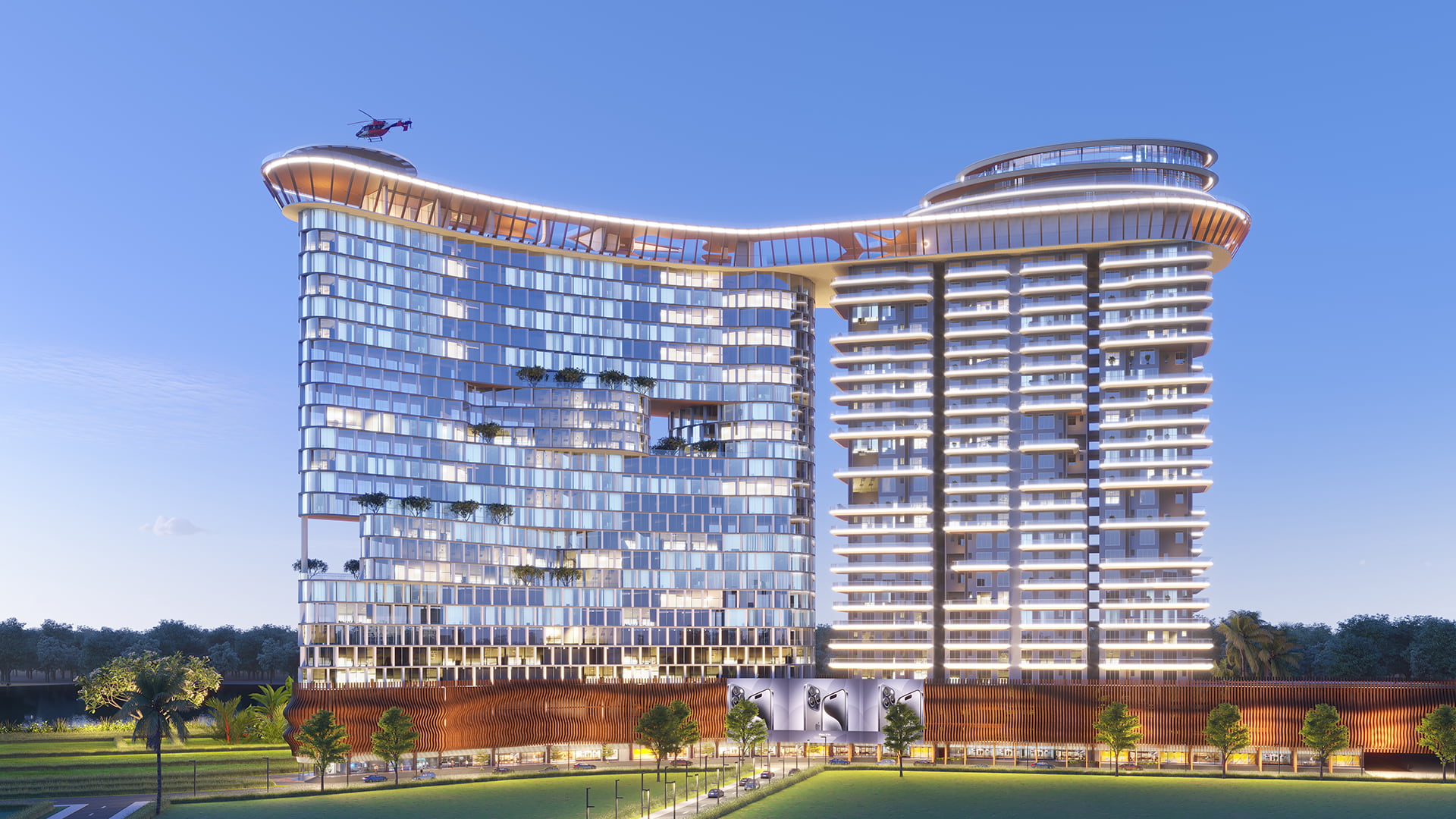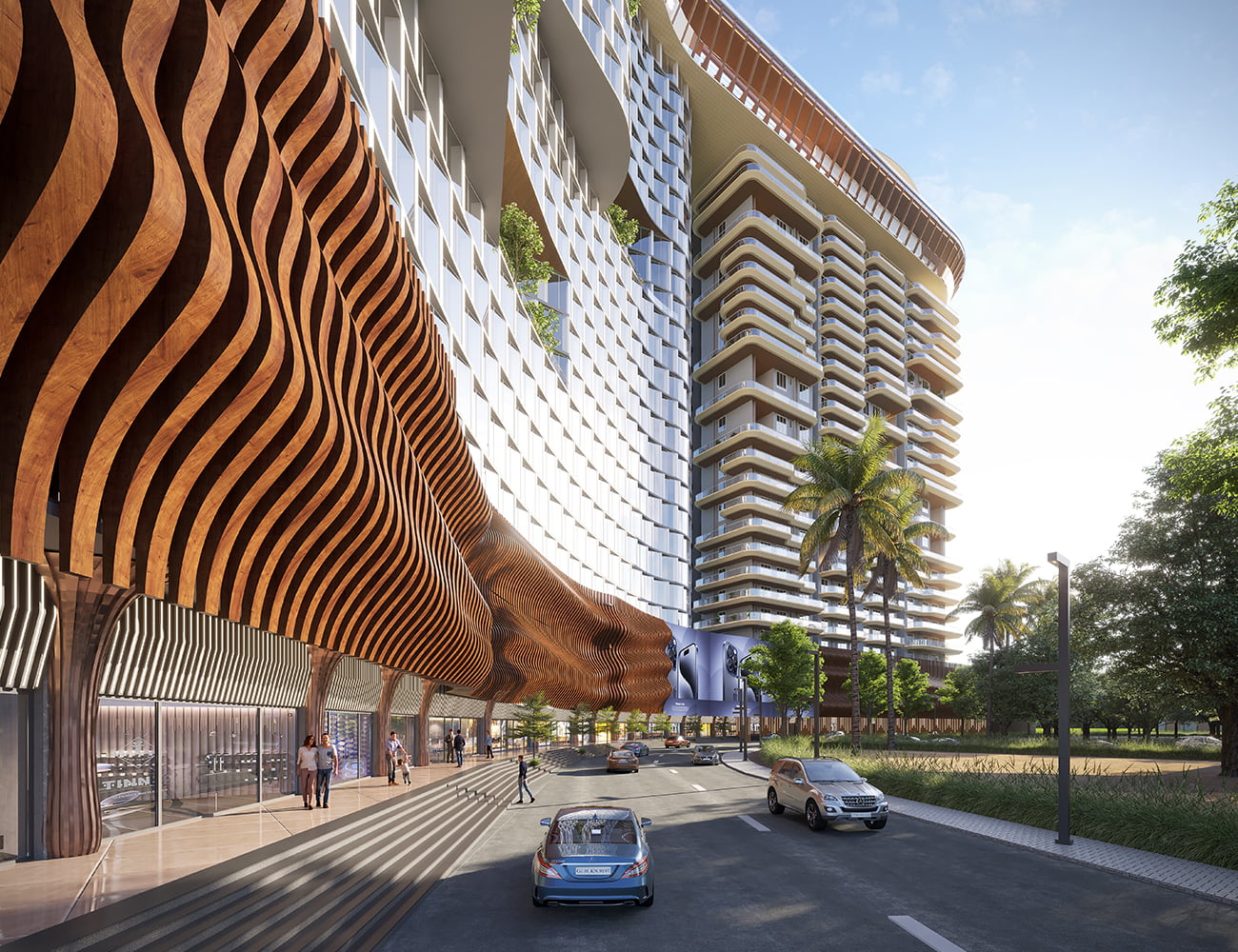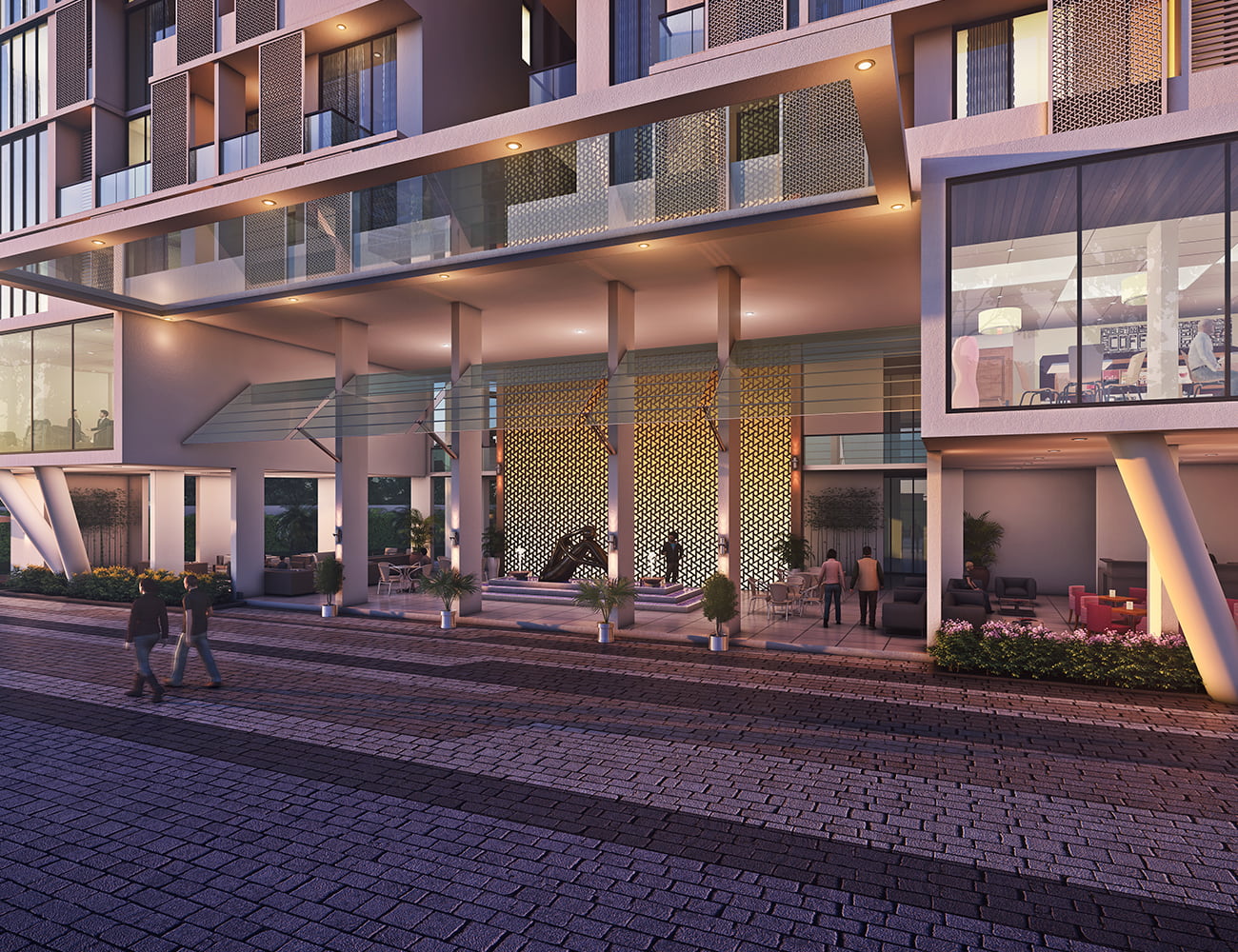The Future of Housing: The Forces Shaping Modern Living Spaces in India
The housing landscape in India is undergoing a transformation driven by technological advancements, urbanisation challenges, climate change, and shifting user preferences. Modern living spaces are increasingly shaped by sustainability, wellness, and adaptive design that align with the country’s socio-economic changes and global trends.
With residences incorporating green technologies, water management systems, and energy-efficient designs, sustainable architecture efficiently responds to urban challenges. These solutions reduce environmental impact, provide long-term economic savings to residents, and improve the quality of life. Technological developments, such as smart home automation, have also become a standard feature of modern housing, offering convenience and improved efficiency. Additionally, the country’s diverse cultural and social fabric plays a vital role in designing solutions that support the digital lifestyles of the growing urban population.

The evolution of housing reflects broader societal shifts, with people prioritising health and well-being. There has been a noticeable change towards wellness-oriented designs incorporating natural light, biophilic elements, and advanced ventilation systems. Furthermore, modern developments, particularly mixed-use projects, contribute positively to communities by fostering social interaction and offering services within proximity. The post-pandemic era has led to a growing need for adaptable spaces, where residences often double as workspaces, allowing for greater flexibility.
The housing sector, however, faces significant concerns, including climate change, rapid urbanisation, and resource constraints. With space becoming scarce in urban centres, architects are tasked with creating compact yet functional living environments. The need for affordable housing remains a pressing issue, as technological advancements and sustainable practices must make housing more accessible to lower-income segments.
At IDEAS, we have embraced these changes by integrating wellness-focused designs and modern technologies, prioritising sustainability and community engagement. Pinnacle, a luxury residential complex in Jaipur, merges modernity with traditional Rajasthani design elements like jaali screens, enhancing aesthetics and energy efficiency. The River Walk project in Kinshasa, on the other hand, combines commercial and residential spaces, promoting community engagement and offering a blueprint for mixed-use developments.


Looking forward, with growing urban needs, continued growth can be expected in smart home technologies, along with the rise of co-living and shared spaces, especially among young professionals. Hybrid workspaces within homes are anticipated to become more common as the work-from-home culture persists. Vertical housing in urban areas will address space crunch and urban sprawl, while luxury housing will focus on aspects of wellness, including green spaces and health-focused amenities. These trends reflect the growing demand for more thoughtful, future-oriented living environments.
Architects and designers thus play a crucial role in creating sustainable, adaptable, and community-focused housing amidst the rapid population growth. With global influences and local needs driving change, industry professionals and policymakers must work together to build housing solutions that reflect the future of living.